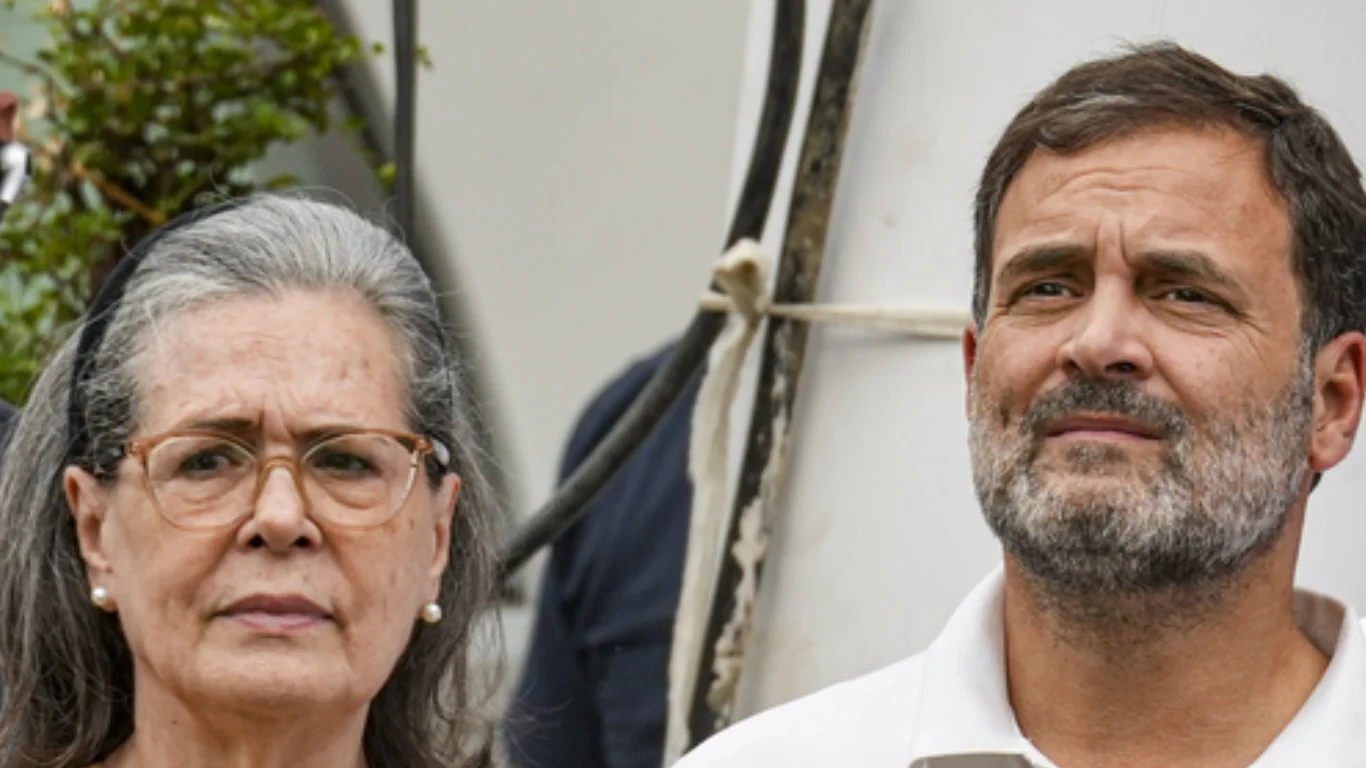
On Friday, April 25, 2025, a Delhi court declined the Enforcement Directorate’s (ED) plea to issue immediate notices to Congress leaders Sonia Gandhi and Rahul Gandhi in connection with the National Herald money laundering case. The court cited the absence of essential documents in the ED’s chargesheet as the primary reason for its decision.
The ED had submitted a chargesheet alleging that the Gandhis, along with other Congress leaders, were involved in a conspiracy to misappropriate funds by acquiring the National Herald newspaper’s assets through a shell company, Young Indian Pvt Ltd. The agency contended that cognizance of the complaint could not be taken without first hearing the accused, as per the provisions of the Prevention of Money Laundering Act (PMLA).
Special Judge Vishal Gogne, while hearing the ED’s plea, observed that certain documents were missing from the chargesheet, as highlighted by the court record keeper (Ahlmad). The judge directed the ED to file these missing documents and stated that the court would decide on issuing notices to the accused after reviewing the complete chargesheet.
The ED had argued that it was transparent and not withholding any information from the court, emphasizing the need to provide the accused an opportunity to present their side before cognizance is taken. However, the court insisted on the necessity of a complete and properly documented chargesheet before proceeding further.
In addition to Sonia and Rahul Gandhi, the chargesheet named other individuals associated with the Congress party, including Sam Pitroda and Suman Dubey, as founding directors of Young Indian Pvt Ltd. Sonia and Rahul Gandhi together own a 76% stake in the company, which is at the center of the legal accusations.
The National Herald case has been a subject of prolonged legal scrutiny. In 2015, the Enforcement Directorate had found no substantial evidence against Sonia and Rahul Gandhi, leading to speculation about the closure of the case. However, the agency reopened the investigation in 2018, and in 2025, filed a fresh chargesheet, reigniting political debates and legal battles.
The Congress party has consistently labeled the case as politically motivated, alleging that the ruling Bharatiya Janata Party (BJP) is using investigative agencies to target opposition leaders. The party maintains that the Gandhis and other accused have acted within the law and have not committed any wrongdoing.
The court’s decision to withhold issuing notices to the Gandhis underscores the importance of procedural accuracy and the need for a comprehensive presentation of evidence in legal proceedings. As the case progresses, all eyes will be on the next steps taken by the Enforcement Directorate and the responses from the accused parties.
The outcome of this case could have significant implications for political accountability and the use of legal mechanisms in addressing alleged financial irregularities involving public figures.

















